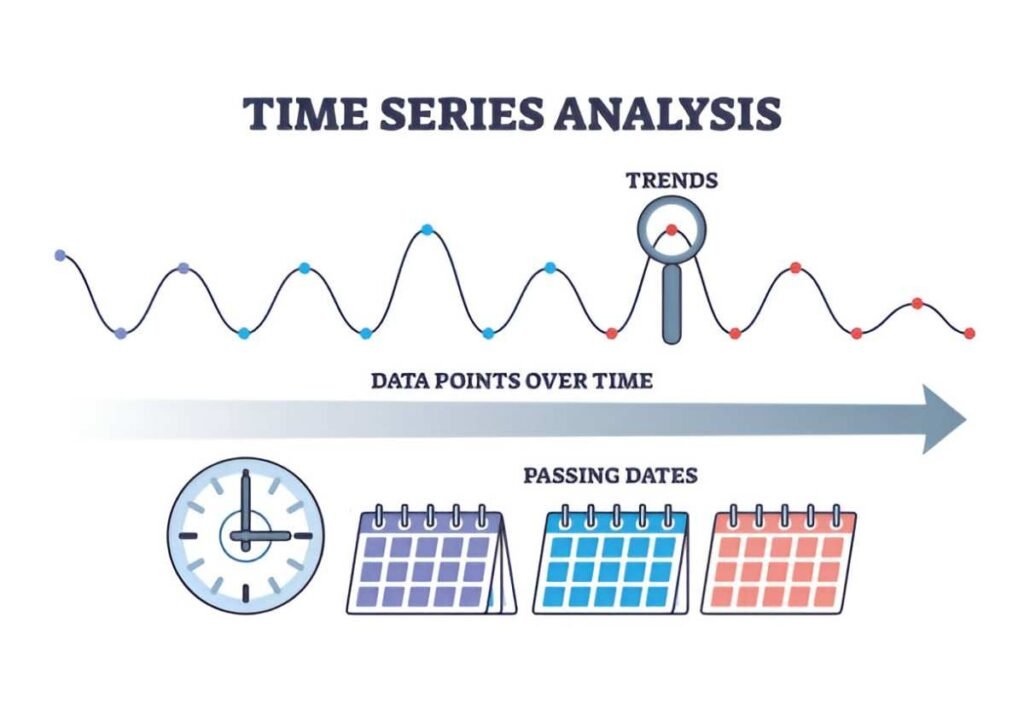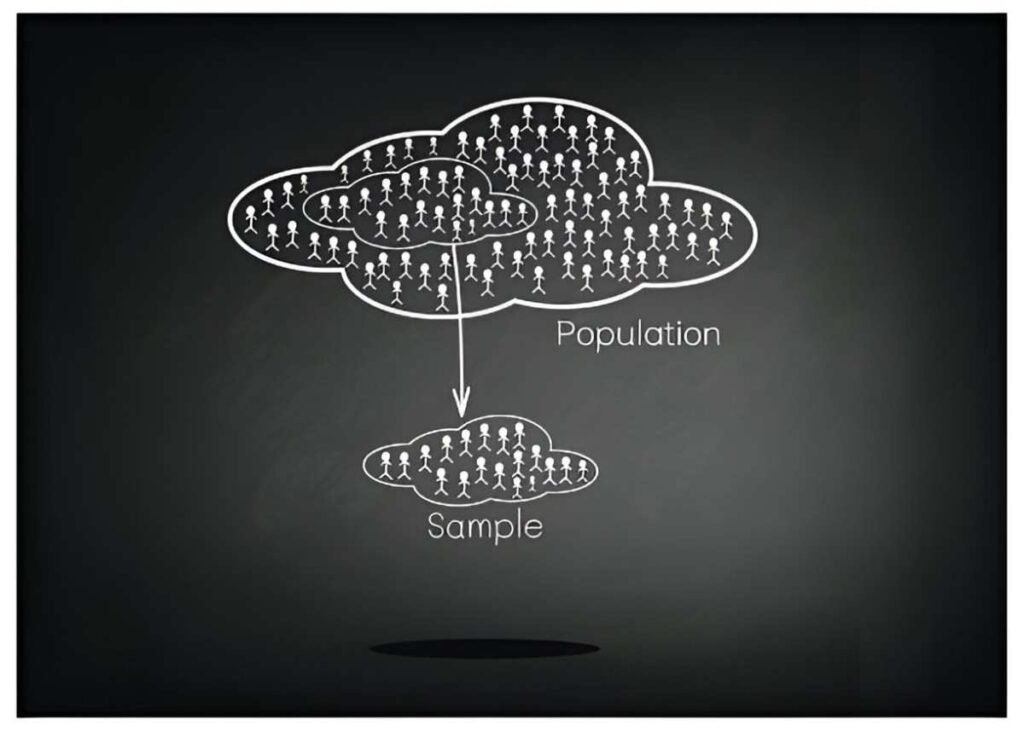Field experiments are a crucial methodology used in research to test theories and hypotheses in real-world settings. This guide aims to define what field experiments entail, explain their purpose, discuss their importance in research, and provide practical examples to aid learners in understanding this concept.
Table of Contents
What are Field Experiments?
Definition
Field experiments refer to research studies conducted in real-world settings, where researchers manipulate variables of interest and observe their effects on participants or subjects. Unlike laboratory experiments conducted in controlled environments, field experiments involve interactions with actual people and natural settings, offering insights into human behavior and societal impacts.
Key Characteristics of Field Experiments
Field experiments are characterized by several key features:
- Real-world Settings: They take place in natural environments where participants typically behave as they would under normal conditions.
- Manipulation of Variables: Researchers actively manipulate one or more variables to observe their impact on participants or outcomes.
- Randomization: Random assignment of participants to different experimental conditions helps minimize bias and ensure reliable results.
- Observation and Data Collection: Researchers collect data through direct observation, surveys, interviews, or other methods to analyze the effects of variables.
Purpose of Field Experiments
Field experiments serve multiple purposes in research:
- Causal Inference: They allow researchers to establish cause-and-effect relationships between variables by manipulating conditions in real-life settings.
- External Validity: Findings from field experiments often have high external validity, meaning they can be generalized to broader populations and real-world contexts.
- Policy Implications: Results can inform policies and interventions by providing evidence-based insights into effective strategies for behavior change or societal impact.
Examples of Field Experiments
Example 1: Behavioral Economics
In a field experiment conducted by researchers studying behavioral economics:
- Objective: To investigate the impact of social norms on charitable donations.
- Method: Researchers set up different scenarios at a shopping mall where they varied the presence of bystanders when asking for donations.
- Findings: They found that people were more likely to donate when others were present, suggesting that social influence affects charitable behavior.
Example 2: Educational Interventions
In the field of education, researchers conducted an experiment to evaluate the effectiveness of a new teaching method:
- Objective: To assess the impact of a technology-enhanced learning program on student achievement.
- Method: Schools were randomly assigned to either implement the new program or continue with traditional methods.
- Findings: Students in schools using the new program showed significant improvements in test scores compared to those in the control group, demonstrating the efficacy of the intervention.
Importance of Field Experiments
Field experiments play a crucial role in advancing scientific knowledge and informing practical applications:
- Realistic Insights: They provide insights into human behavior and decision-making in natural settings, which may differ from behaviors observed in controlled laboratory environments.
- Policy Relevance: Findings from field experiments can influence public policy and organizational practices by offering evidence-based recommendations.
- Validation of Theories: They help validate theoretical frameworks and hypotheses by testing them in real-world conditions, thereby enhancing the robustness of research findings.
Challenges in Conducting Field Experiments
Field experiments also present challenges that researchers must navigate:
- Ethical Considerations: Ensuring participant consent, privacy, and ethical conduct while conducting experiments in public or organizational settings.
- Logistical Complexity: Managing logistics, recruitment of participants, and coordination across multiple locations can be challenging.
- External Influences: External factors, such as socio-economic conditions or environmental changes, may impact study outcomes and require careful consideration.
Conclusion
Field experiments are valuable research methodologies that enable researchers to study behavior, test hypotheses, and evaluate interventions in real-world settings. They offer insights into causal relationships, inform policy decisions, and validate theoretical frameworks across various disciplines. Understanding field experiments is essential for learners and researchers alike, as they provide a robust approach to generating reliable evidence and contributing to evidence-based practice in diverse fields of study.





